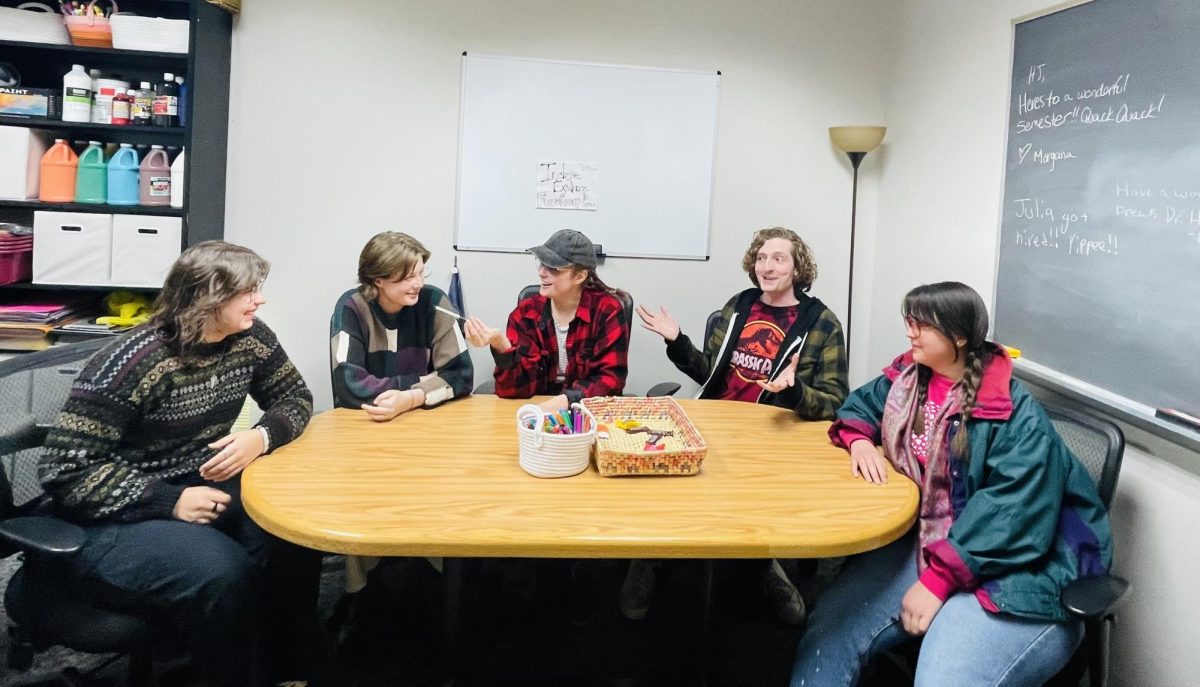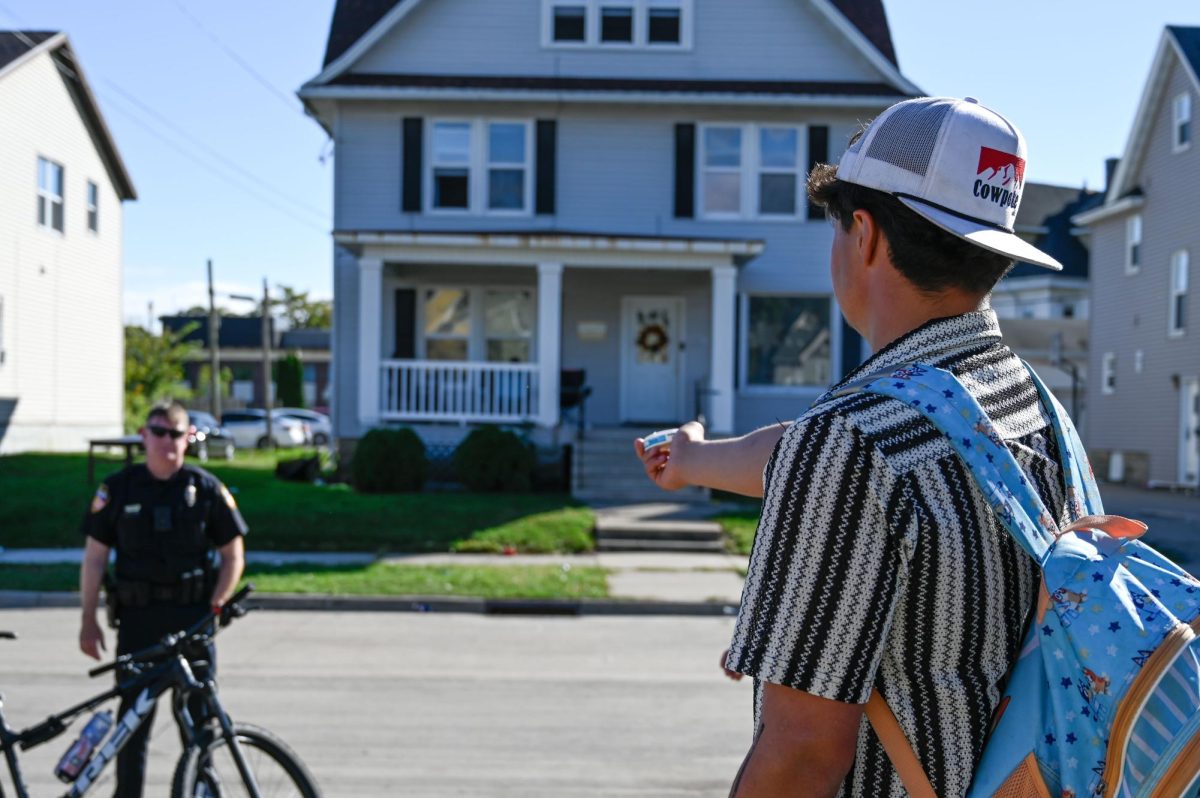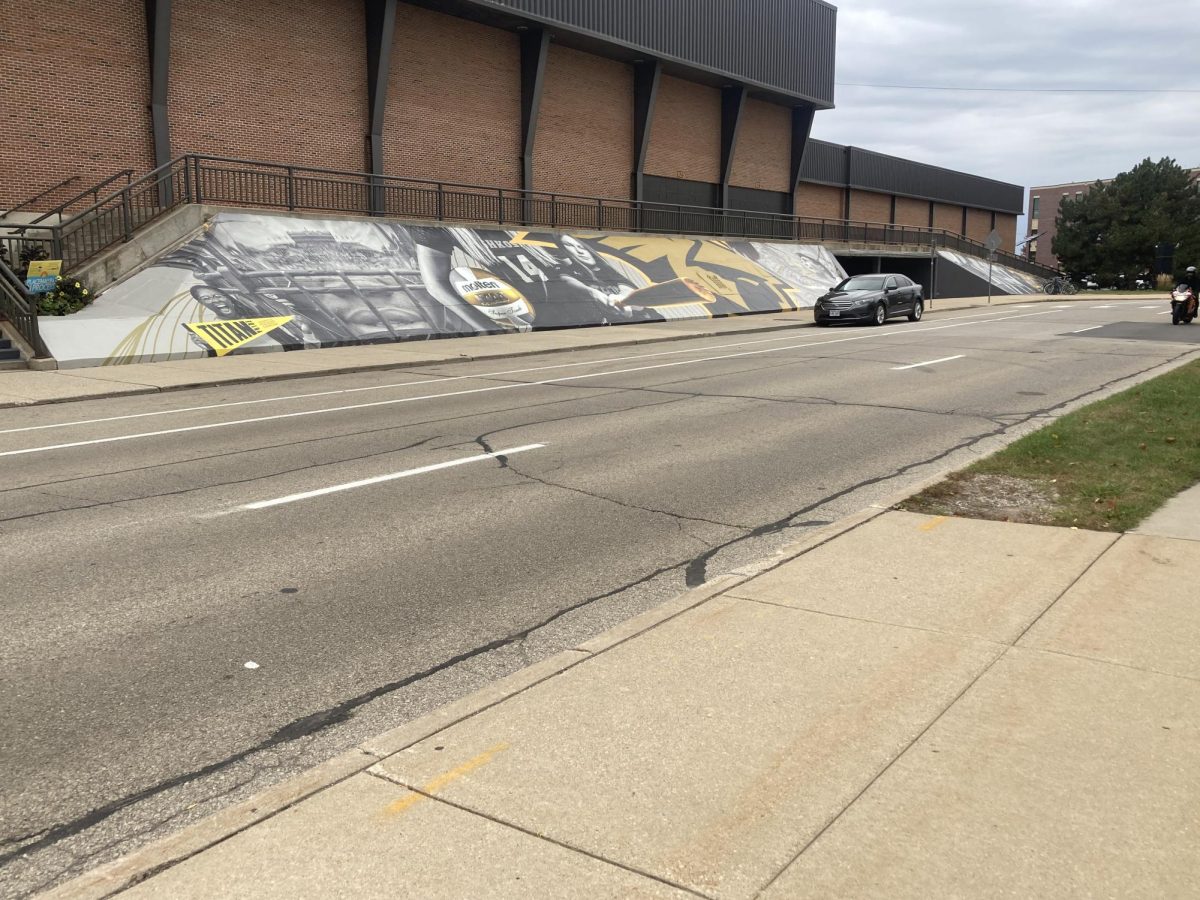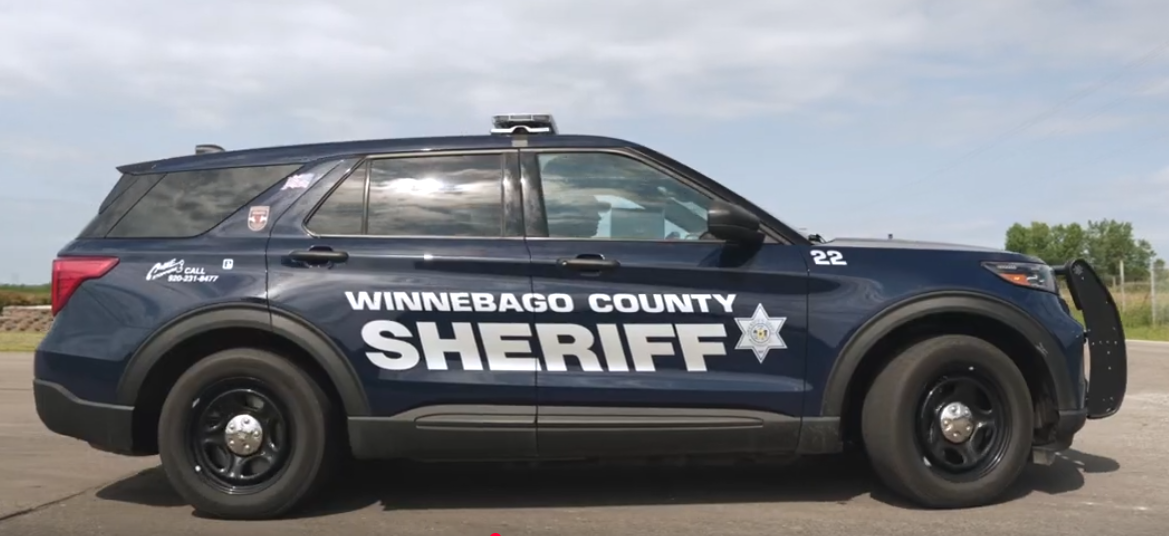In an effort to learn the truth about student experiences at UW Oshkosh, Anthropology, Global Religions and Cultures Assistant Professor Heidi Nicholls and her student researchers turned to the experts: students.
“I want people to see that we can affect change,” Nicholls said. “No matter how it feels sometimes, people do care on this campus. We want to do right by our students. We want to honor our students. We want to learn and do better for our students. In order to do that, we must listen to our students.”
The original research was initiated by a previous student, Mia Wilson. She and Nicholls were trying to understand how to create more inclusive spaces for non-monoracially white students on the UWO campus and beyond. Thus began the Inclusive Excellence and Sense of Belonging Research Project.
“In the last year I found myself in spaces where we were discussing why students come to UWO, why they leave [and] the drop/fail/withdrawal rate,” Nicholls said. “However, we weren’t asking the students why. We weren’t asking the experts of their own experiences what was going on. I knew then I wanted to turn to the experts and learn.”
The research project began pre-COVID-19 and was recently brought back this past spring semester.
There have been around 15 focus groups and more than 20 semi-structured interviews with more than 100 participants. In the most recent iteration of this research, there have been eight focus groups with about 50 participants and 20 more people asking to be interviewed.
There are different ways students can partake in the research. The first option is one-on-one interviews to delve deeper into individual experiences, reflections and wisdoms.
The second option is to join a focus group, in which other participants may evoke an idea, memory or topic you can contribute conversation to. Participants are welcome to join in both types of sessions. =
Students on all three of the Oshkosh campuses are invited to participate in the research.
“The benefit of participating is lending your voice to this conversation,” Nicholls said. “Sharing your insights and wisdoms into these conversations ensures they are noted. People see what it’s like to be proactive and to actively be the change one may wish to see. This is about community building, enhancing and self-advocacy.”
Nicholls is working with students in her Ethnographic Methods class to collect data.
“My role in this project is as a student researcher,” Frankie Kerkhof said. “The team has been working on understanding the functions of ethnographic methods, developing semi-structured interview questions, participant and indirect observations, learning how to write field notes and drawing common themes from that data as each student has been learning how to craft their research project prospectus to potentially use in the future.”
Although taking the class is a major-related requirement, Kerkhof said being a part of the team has meant much more than that.
“While I am doing this research as a class [and] major requirement, I have developed a passion for ethnographic research and understanding humans within their contexts, and, especially after this research project, this is a path I want to pursue as a career,” Kerkhof said. “I am also creating my own research topic in this class that will be a branch off of the inclusive excellence and sense of belonging topic that I will have completed by the end of the year and hopefully published in the future.”
Jon Bye, another student researcher in Ethnographic Methods, said he first got to know Nicholls in spring 2023, and her expert tutelage is the reason that he is in the course and an anthropology major.
Bye said his research roles are extensive thanks to Nicholls’ willingness toward student input in the project.
“I have taken part in such roles as assisting our team in formatting interview and focus groups questions, conducting semi-structured, one-on-one interviews, noting and analyzing focus groups, participant observation around campus and even working as a team to construct our first draft of a research paper – soon to come.”
Kerkhof said students should partake in this project because each student’s experience and story is meaningful and deserves to be recognized and heard.
“Since each person has a different story to tell, it is impossible to say what each student will take away from their experience, but I hope all students will feel empowered that their voice is heard and has the power to effect change,” Kerkhof said. “In order to get a better understanding of how students are feeling and thinking at UWO, the more students are willing to participate, the better understanding we will have.”
Nicholls said the sessions so far have given a lot of insight into the student body.
“I am not going to share any findings at this time as I want to allow people to come in and share their own truth,” Nicholls said. “What is clear is students on this campus have such innovative, creative and actionable ideas.”
Stipulations to the research are that no faculty or staff can be in the room during the studies, everyone needs to sign an informed consent and each participant must provide Nicholls with their pseudonym which is kept filed and locked away.
“My first priority is to protect the identities of participants,” Nicholls said. “One-on-one interviews provide an extra layer of protection. Of course with focus groups, I cannot control humans and their narrative once they step outside of the room. I share that as a potential risk. But I do ask that we honor one another and respect each individual’s privacy. I take the code of human research ethics very seriously.”
Kerkhof wants students to know that they are welcome to speak their mind in the research interviews and groups.
“There has been so much change and adaptation at UWO this past academic semester alone,” Kerkhof said. “As a student, I know the feeling of not knowing what to do or how to help or that students don’t feel like they have a say in what will happen moving forward. But I would like to encourage all students … to speak up and tell their stories.”
Bye said he hopes some of the recommendations that come from the research will drive changes at the university.
“I hope that we can accurately scratch the surface of the variety of unique experiences that students have on our campus, with the greater purpose being to make recommendations for, not only changes that could be made around campus, but also, importantly, to validate and promote the structures on campus that are already doing good work supporting our students,” Bye said.
Nicholls said she hopes to identify what the university is doing well with, what it can improve on and what is missing.
“I want humans to know that we can shape, challenge and negotiate the spaces we operate in,” Nicholls said. “We can be the builders of our success. If that inner voice tells you, no one cares what I think, I’m telling you I do. Let’s make this a place that is better than we ever imagined.”
To participate in the Inclusive Excellence and Sense of Belonging Research Project, students can email Nicholls at or watch their school email inboxes for emails from Nicholls on upcoming opportunities.









